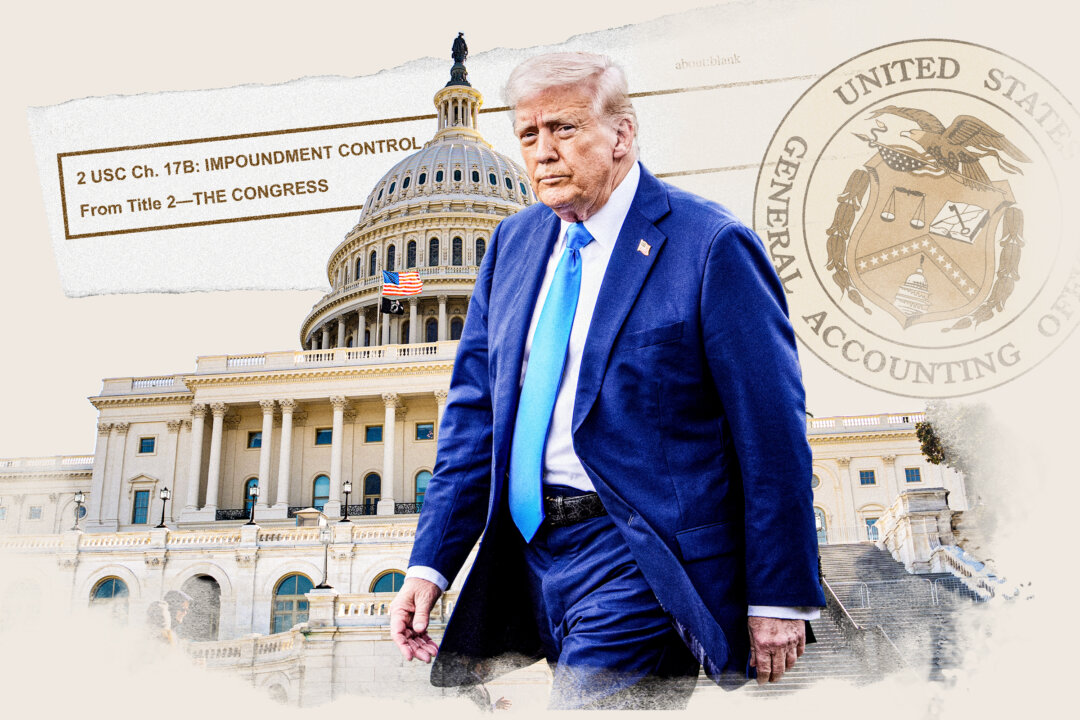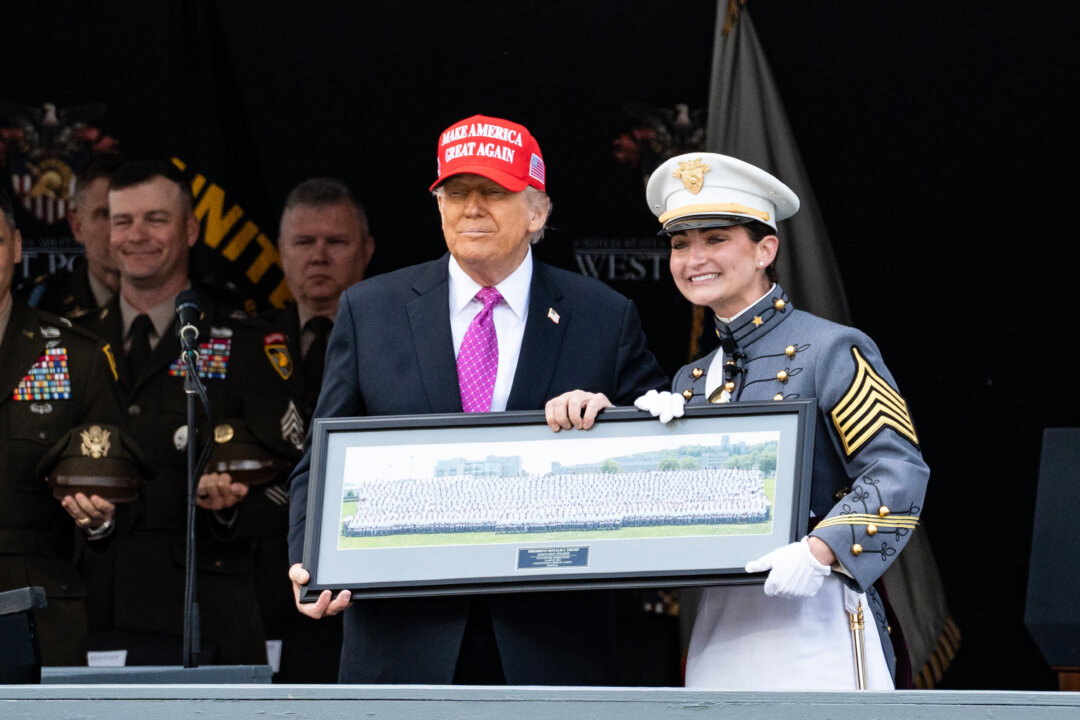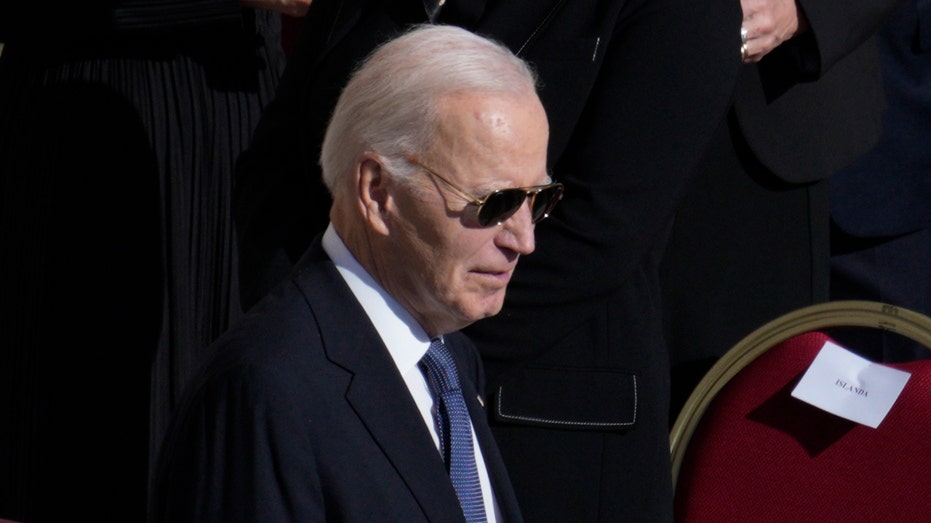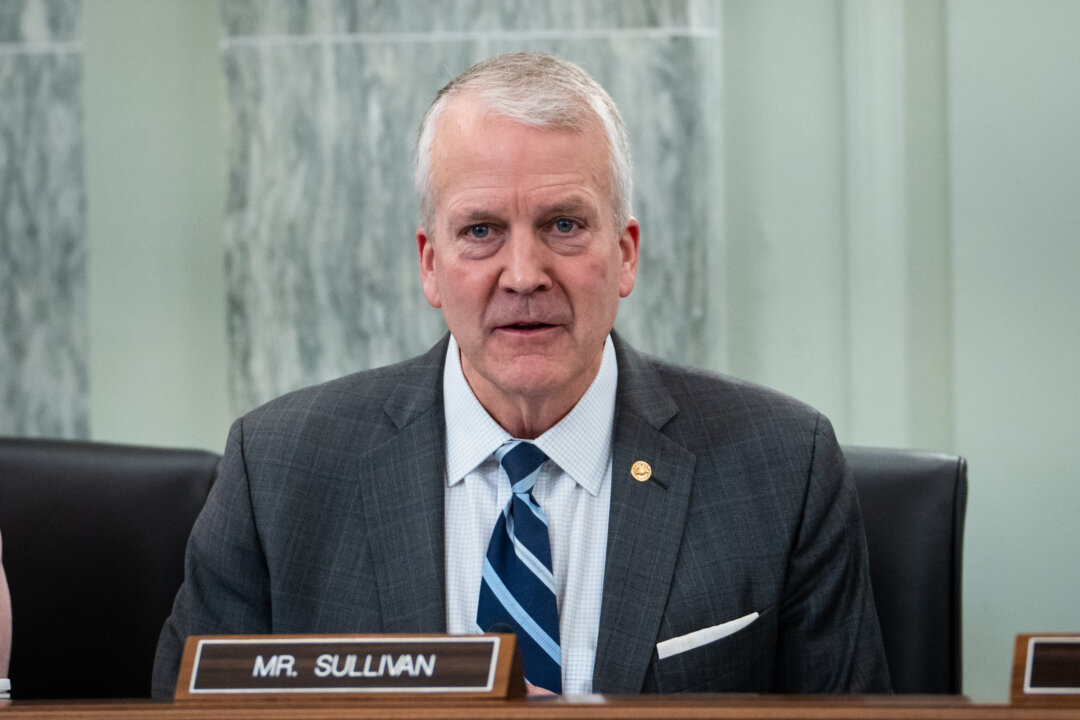In just the last 24 hours, the Trump administration announced it would effectively ban international students from attending Harvard University, Harvard sued, and a federal judge temporarily blocked the administration’s ban.
The whirlwind of attacks and counterattacks surrounding one of America’s preeminent educational institutions represented a significant escalation in the Trump administration’s war on Harvard. As the institution wrote in its lawsuit, “with the stroke of a pen, the government has sought to erase a quarter of Harvard’s student body.”
Harvard has been on the leading edge of the fight between the Trump administration and elite universities, and unlike some peer institutions, it hasnot backed down.
Former Harvard President Larry Summers has been a frequent critic of his old university, but he’s been an enthusiastic defender amid Trump’s latest attacks.
“Courage and capitulation are both contagious,” he said in an interview with POLITICO Magazine. “I am glad Harvard chose courage, because if Harvard, with all its good fortune, can’t resist authoritarian steps, who can?”
Summers argued the Trump administration’s legal case would find little merit in the courts, adding that the effort to rid Harvard of international students would only damage the United States in the long run.
“It’s hard to imagine a greater strategic gift to China than for the United States to sacrifice its role as a beacon to the world,” Summers said.
This conversation has been edited for length and clarity.
What was your initial reaction to the Trump administration banning international students at Harvard?
I think it is by far the most serious attack on the university to date.
It would be devastating if it was allowed to go into effect, not just for the university but for the image of the United States in the world, where our universities in general, and Harvard in particular, have been a beacon. It would make us poorer as we lose a major source of entrepreneurship — people like Sundar Pichai, the CEO of Google, or Satya Nadella, the CEO of Microsoft. It would make us less secure. After all, World War II was won by scientific innovation done by immigrants to American universities.
It’s also a clear violation of First Amendment law because the approach taken represents a punitive vendetta against a political opponent. And in the way this is done, it violates the Administrative Procedure Act, which requires various due process hearings and the like before an institution is deprived of important parts of its livelihood.
What’s your reaction to Harvard’s lawsuit and the subsequent block by a judge? What more should Harvard be doing?
Harvard did the necessary and right thing. The alacrity with which the court responded within a couple of hours of Harvard’s filing speaks to the overwhelming lack of merit of the government’s position.
I’m certainly someone who has been critical of Harvard on antisemitism, on excessive identity politics, on lack of political diversity, on the need to more vigorously support American national security. But the merits of this case are overwhelming, and Harvard needs to point them out as vigorously as it can, both in the court of law and in the court of public opinion.
What’s the practical fallout for Harvard, and for the United States more broadly, if international students aren’t attending?
It will do grave damage to the quality of the education we provide, the experience that our students have and the progress that we make in our laboratories, in our data centers, in our libraries. Closing yourself off from any group, and especially the 97 percent of the world’s population that lives outside the United States is a prescription for failure. Damaged universities mean less prosperity and fewer new ideas, ranging from the golf tee to Sesame Street to transplantation to stem cell cures for diabetes to so many more things that came from Harvard research. No small part of that contribution came from foreign scholars. All of that is at risk with these actions.
It’s hard to imagine a greater strategic gift to China than for the United States to sacrifice its role as a beacon to the world and a source of attraction for the most talented young people all over the world. They must be taking great satisfaction in seeing our society turn on itself and resist sophisticated study, just as they did during the Cultural Revolution. They know how much damage their Cultural Revolution did. Seeing us taking steps, even in small ways, in that direction — by expelling people from universities, by imposing government control on what is taught and what is researched and even what books are in the library — must be a source of great comfort to them at a time when, increasingly, the United States is outcompeting China.
Trump has made attacking prominent American universities a priority in his second term. Can you shed some light on what might be behind that decision?
I am not privy to the Trump administration’s thinking. But it is common for right-wing populists, whether it is Germany in the 1930s or Argentina through much of its post-war history or Ronald Reagan’s first campaign for governor in California — to take three very different cases — to attack universities as symbols of decadent elites. There are certainly grounds for concern. I’ve spoken out about antisemitism, about excesses of identity politics, about lack of ideological diversity in the Harvard context for a very long time. But the approach that universities need to take, it seems to me, is resist and reform. President Trump’s attacks on universities are of a piece with his attacks on law firms that represent his political opponents, with his attacks on appropriated funds, with his efforts to ally with anti-democratic political forces around the world like President Putin and the German AfD.
If an institution like Harvard — with its $52 billion endowment, its great prestige and its extraordinary network of alumni — cannot resist moves towards authoritarianism, who can?
I think the position of those universities who have stood up against the administration are entirely appropriate, but to say that universities should resist extra legal extortion is not to say that they should be satisfied with the status quo. There are a variety of serious problems with what has been going on in our leading universities for many years, and if any good comes with this, it will be a strengthened impetus to necessary reform. My fear is that the adoption of heavy handed [tactics by the] Trump administration on anti-semitism, identity politics and ideological diversity will actually set the cause back, because those who want to resist necessary reform will be able to wrap themselves up in the issue of resisting President Trump and not deal with the underlying substance.
In the last decade, Harvard — and many institutions like it — has had an endowment that’s ballooned. It has plenty of well-heeled alums who give back to the school, and it seems to constantly be in competition with schools like it to provide nicer amenities that are attractive to families of means.
These elite schools are in a constant arms race with each other in a way that doesn’t always have to do with the best education. Does this make these institutions a softer target for someone like Trump, and is reform necessary, even if it has nothing to do with international students?
I was very proud to have altered Harvard’s policies so that any student with a family income below $80,000 could come with no payment or no borrowing expected from their family. Building on that initiative, which was widely emulated, now 70 percent of the students at Harvard receive financial aid. Many of our students share bedrooms on our campus. From time to time, I eat in the student dining halls, and the food is something less than sumptuous.
Yes, we have invested hugely in curing cancer, invested hugely in cutting edge data science applied to questions ranging from managing the economy to measuring equal opportunity to promoting human health, but I think it has been a great strength of the United States that our universities have competed with each other to excel and to attract the best students and faculty.
All you have to know about the American university system is that until the Trump administration started acting punitively towards foreign students, students from all over the world who could choose to try to come to universities in any country disproportionately chose to come to the United States. And the share of students at Harvard and many other elite colleges whose parents do not have a college degree has gone way up over the last several decades. So yes, there are important things to fault about our universities, but the idea that they are not providing an excellent product, I do not believe that’s right, and the choices that so many people make from all over the world suggest that the critics are badly misguided.
Harvard has decided to fight the administration much more directly than many of its peer institutions. Why, and how’s it working so far?
Courage and capitulation are both contagious. I am glad Harvard chose courage, because if Harvard, with all its good fortune, can’t resist authoritarian steps, who can?
We will have to see how this works out. I was gratified that the court responded so quickly and firmly in Harvard’s favor this morning. In general, the run of judicial rulings is not going the Trump administration’s way. I expect there will be more judicial rulings standing up for the very elementary idea that you can’t destroy institutions without due process, which is what the administration has been attempting to do again and again in so many spheres.
In an ’America first’ era, has Harvard already lost some global influence no matter the Trump administration’s decision on international students?
I think it says something very powerful about Harvard that Xi Jinping sent his daughter to study there. As I travel around the world, I certainly don’t discern any diminution in the extent to which what happens at Harvard is watched very closely. Harvard serves as a beacon of opportunity to young people from all over the world.
Inevitably, Harvard is seen as a quintessentially American institution. And if America as a country sacrifices its attractiveness, some part of that will definitely spill over to Harvard. But I think of Harvard as part of what is best in what America has to offer the world.
If you look at the competitiveness of different industries, you look at where we export heavily, import relatively little, higher education stands out as a positive example where we sell large amounts of services to foreign students and foreign countries. We import far less from other countries. So you would think on the Trump administration’s mercantilist logic that favors exports over imports, that higher education would be a sector they would want to support and nurture. Unfortunately, that is not the case.
Will it be possible to reverse the damage being done to higher education after the Trump administration, or is some of this permanent?
There’s no question that we are giving a strategic gift to China, that we are strengthening the competitive position of universities in other English-speaking countries, whether it’s Britain or Canada or Australia or New Zealand. There’s no question that those who had a scarring experience at an American airport are down the road less likely to want to send their children to Harvard or other universities. But ultimately, I believe that American institutions, including American universities, have a profound resilience. It is precisely the capacity of Americans to become alarmed, to paint dire scenarios, that make those forecasts self-denying prophecies.
No question, damage has been done. But I believe that if we are able to recognize that and return to a recognition that our universities are priceless national assets, while at the same time the universities learn that they have to be in broader connection with the interests of the larger society, I believe we can come out of this very difficult period in a positive way.
.png)














 English (US)
English (US)